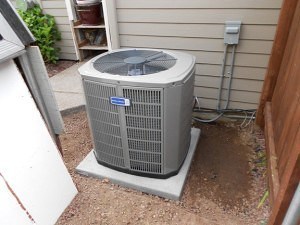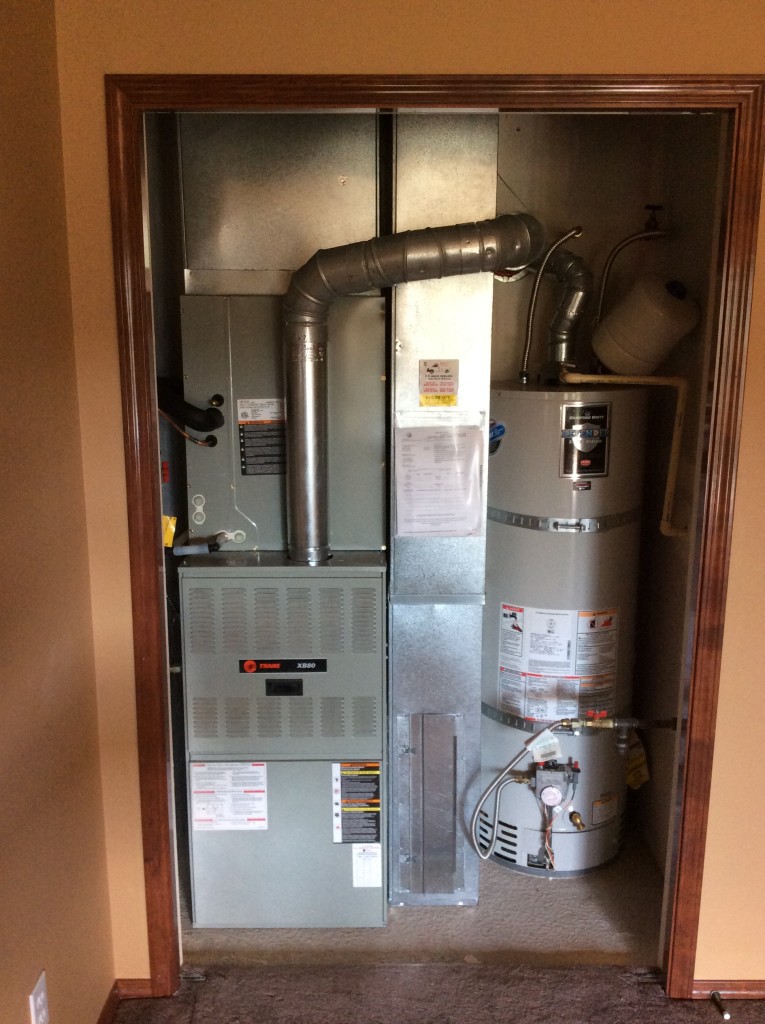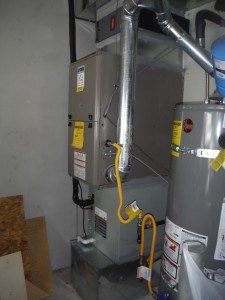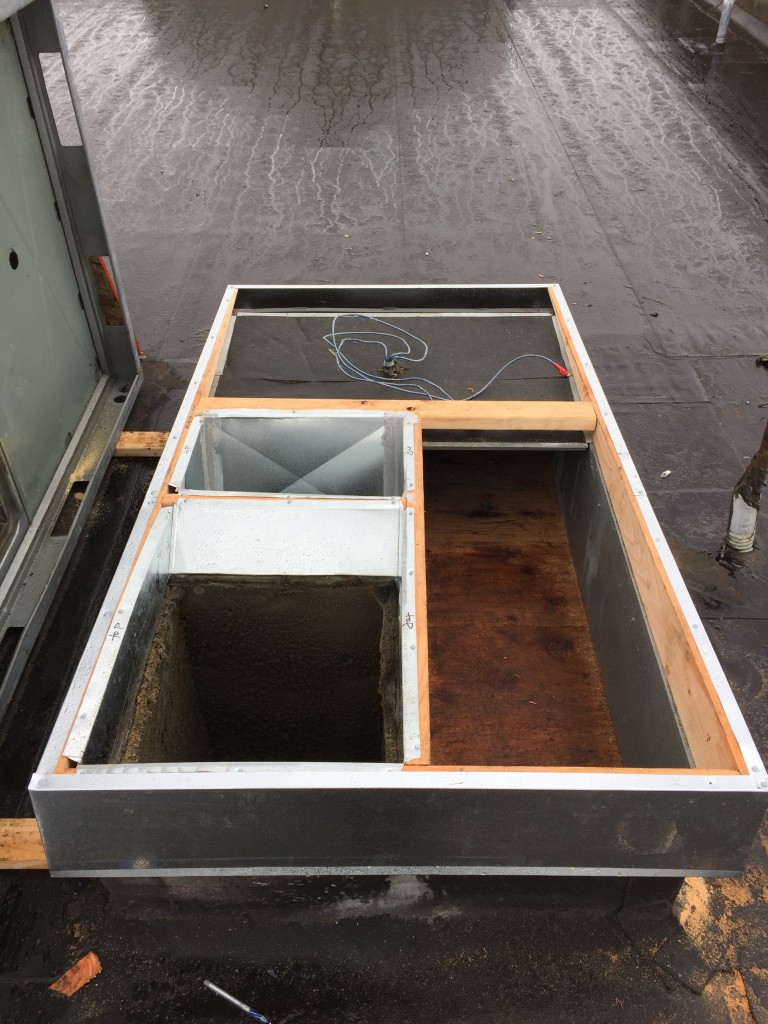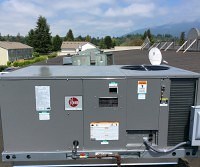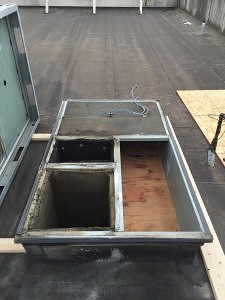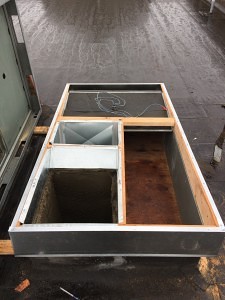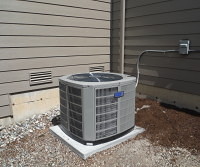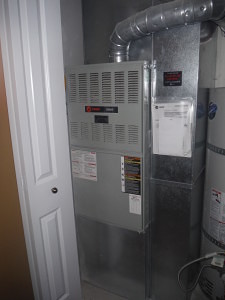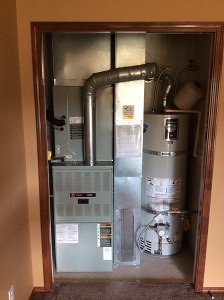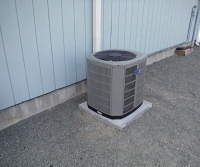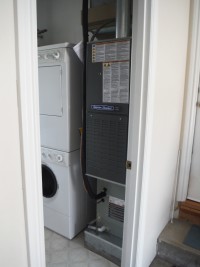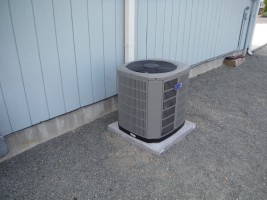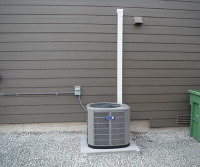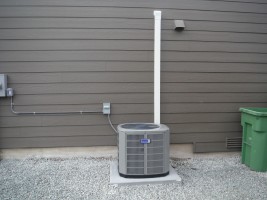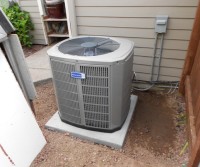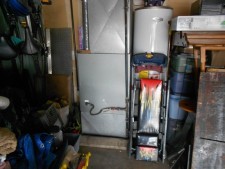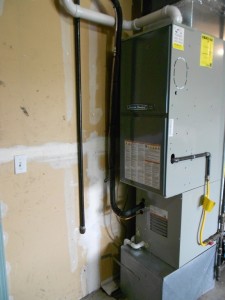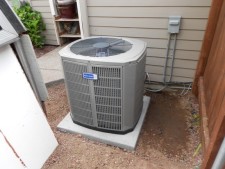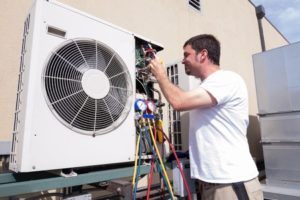
Doing Some Maintenance on a Modern HVAC Unit
What Is HVAC?
HVAC which is an acronym for heating, ventilation, and air conditioning, is the mechanical system that maintains a comfortable indoor air temperature.
This important role means HVAC systems are often used all day, every day without much of a break, especially in climates with intense hot or cold weather. Constant use can lead to problems, especially the following three.
Low Refrigerant
Refrigerant is a chemical which transitions from a liquid to a gas and back again to create a cooling effect. It’s possible for refrigerant to leak and, if the refrigerant level becomes too low, a host of issues besides poor air conditioner performance can result. Low refrigerant will cause your home to feel warmer than it should while your air conditioning works overtime to try to bring the temperature down. Your electricity bills will spike and condensation water will begin to leak out around your furnace. Read More
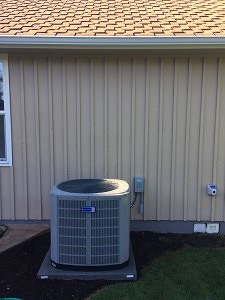
Regular Maintenance Extends the Life of Your Air Conditioner
Creating an HVAC maintenance plan can easily prevent issues and save you a great deal of money and misery.
If you’ve ever suffered through a week or two of chilly winter weather without heat, then you can definitely identify with the importance of keeping an HVAC system in prime condition all year long. HVAC systems are situated away from main rooms, usually in basements or back closets, which places them at risk of being forgotten until a serious problem arises.
Do Routine Maintenance Yourself
Major problems with your HVAC system should always be handled by a professional, but there are simple measures you can take to minimize the chances that a problem will even occur. First of all, make it a priority to change the filters on a regular basis. Dirty filters cause additional wear and tear, premature failure, and forces the use of more energy to do the same amount of work.
- A clean filter dramatically improves indoor air quality. In the depths of winter and height of summer, when the system is getting it’s hardest use, changing your filter once a month is best.
- Try setting your thermostat at more moderate temperatures. Keeping it set higher in the summer and lower in the winter means that your HVAC doesn’t have to work so hard to maintain your desired temperature, thus preventing avoidable wear and tear.
- Make a seasonal to-do list that includes inspecting electrical connections and testing your HVAC system’s voltage, lubricating all moving parts, and inspecting the condensate drain.
When to Call the Experts
If your HVAC is having problems, you can’t handle, don’t wait to call a heating and air conditioning specialist. The longer the problem is left ignored, the worse it is likely to get. Whether it’s a leak, blown fuse, or worn contactor, all issues can be resolved by an HVAC expert so that one problem doesn’t lead to six others that drain your bank account.



